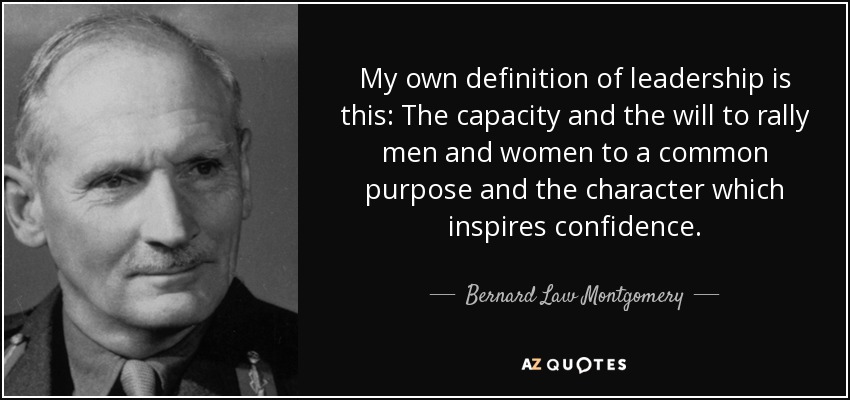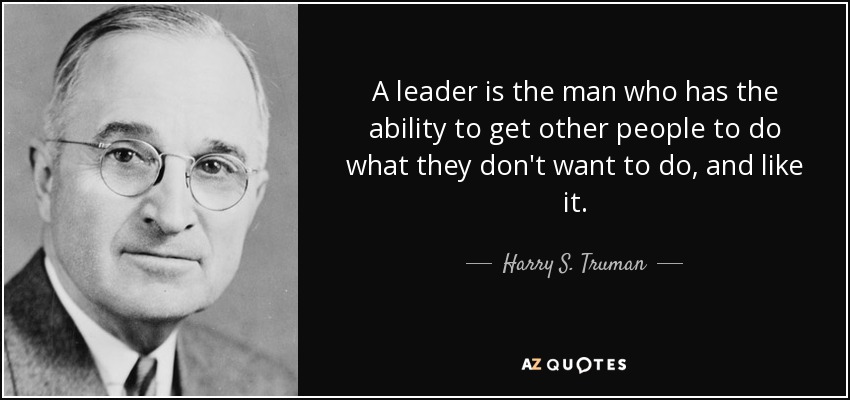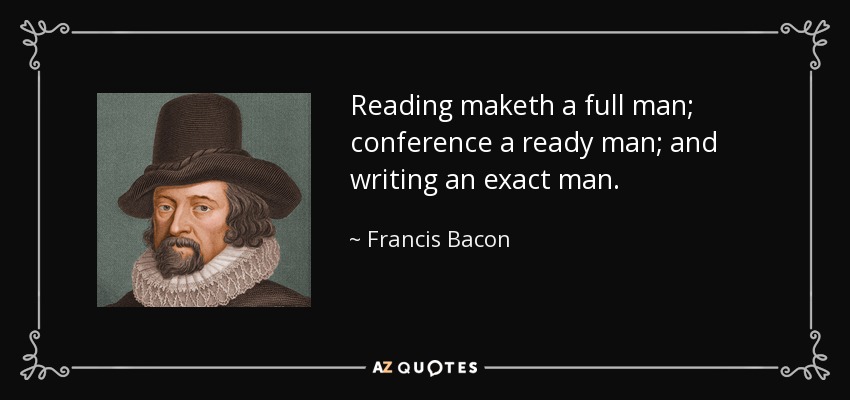Click here to return to Blog Post Intro

An Honorable Ambition
To aspire to leadership is an honorable ambition. – 1 Timothy 3:1
Should you then seek great things for yourself? Seek them not. – Jeremiah 45:5
When our ambition carries out a burning desire to be effective in the service of God—to realize God’s highest potential for our lives—we can keep both of these verses in mind and hold them in healthy tension.
All Christians are called to develop God-given talents, to make the most of their lives, and to develop to the fullest their God-given gifts and capabilities. But Jesus taught that ambition on the self is wrong.
How would you illustrate the differences between self-centered and God-centered ambition from your own life?
The Search for Leaders
The Bible shows us that when God calls a person who is ready to lead, to commit to full discipleship, and take on responsibility for others, that person is used to the limit. Such leaders still have short-comings and flaws, but despite those limitations, they serve God as spiritual leaders. Such were Moses, Gideon, and David.
Samuel Brengle, a gifted leader who served for many years in the Salvation Army, outlined the road to spiritual authority and leadership: “It is not won by promotion, but by many prayers and tears. It is attained by confession of sin, and much heart-searching and humbling before God; by self-surrender, a courageous sacrifice of every idol, a bold and uncomplaining embrace of the cross, and by eternally looking unto Jesus crucified.”
The Master’s Master Principle
The King James Bible uses the word “leader” only 6 times. Much more frequently, the role is called servant. We do not read about “Moses, my leader,” but “Moses, my servant.” And this is exactly what Christ taught.
The sharp contrast between our common ideas about leadership and the revolution Jesus announced is nowhere clearer than in Mark 10:42-43: “You know that those who are regarded as rulers of the Gentiles lord it over them, and their high officials exercise authority over them. Not so with you. Instead, whoever has become great among you must be your servant, and whoever wants to be first must be slave of all.”
Leadership qualities—such as dependence, approval, modesty, empathy, and optimism—are insufficient for the task of leadership. “I will put my spirit on him” (Isaiah 42:1). Without the anointing touch of the supernatural, these qualities are dry as dust.
Natural and Spiritual Leadership
Leadership is influence, the ability of one person to influence others to follow his or her lead.
The great military leader Montgomery outlined seven qualities necessary for a military leader, each appropriate to spiritual warfare. He said the leader must:
- Avoid getting swamped in detail;
- Not be petty;
- Not be pompous;
- Know how to select people to fit the task;
- Trust others to do a job without the leader’s meddling;
- Be capable of clear decisions;
- Inspire confidence.
Li Hung Chang, a leader in China, was asked two questions: “What is leadership? And how is humanity divided?” Li Hung responded: “There are only three kinds of people—those who are immovable, those who are movable, and those who move them!” Leaders move others.
John Mott captured well the heart of spiritual leadership: “Leadership in the sense of rendering maximum service; leadership in the sense of the largest unselfishness; in the sense of full-hearted absorption in the greatest work of the world: building up the kingdom of our Lord Jesus Christ.”
Can You Become a Leader?
How well do you handle criticism? The humble person can learn from petty criticism, even malicious criticism.
In what situations have you been a peacemaker? A leader must be able to reconcile with opponents and make peace where arguments have created hostility.
Can you induce people to do happily some legitimate thing that they would not normally wish to do? Leaders know how to make others feel valued.
Insights on Leadership from Paul
The character of the elder in the church should command the respect of the unbeliever, inspire his confidence, and arouse his aspiration. Example is much more potent than precept.
A leader must be prudent, a person with sound judgment. This principle describes “the well-balanced state of mind resulting from habitual self-restraint”—the inner character comes from daily self-discipline
A Christian leader must be genial and gentle, not a lover of controversy. R. C. Trench says that the leader should be one who corrects and “redresses the injustices of justice.”
Spiritual maturity is indispensable to good leadership. A novice or new convert should not be pushed into leadership.
In 1 Timothy 3:10, referring to qualifications for deacons, Paul urges, “They must first be tested.”
Insights on Leadership from Peter
All of you, clothe yourselves with humility toward one another, because, ‘God opposes the proud, but gives grace to the humble.’ – 1 Peter 5:5

Pride ever lurks at the heels of power, but God will not encourage proud men in His service. Rather He will oppose and obstruct them. But to the undershepherd who is humble and lowly in heart, God will add power and grace to the work.
Essential Qualities of Leadership
Discipline
Without this essential quality, all other gifts remain as dwarfs: they cannot grow. So, discipline appears first on our list. Before we can conquer the world, we must first conquer self.
Many who aspire to leadership fail because they have never learned to follow.
People expect leaders to be calm and courageous during a crisis. While others lose their heads, leaders stay the course. Leaders strengthen followers in the middle of discouraging setbacks and shattering reverses.
Humility is also a trademark of a spiritual leader. Christ told His disciples to turn away from the pompous attitudes of the despots, and instead take on the lowly bearing of the servant (Matthew 20:25-27).
A prominent businessman once replied to a question: “If I had to name the one most important quality of a top manager, I would say personal integrity.” Surely the spiritual leader must be sincere in promise, faithful in discharge of duty, upright in finances, loyal in service, and honest in speech.
The eight essential qualities of leadership are discipline, vision, wisdom, decision, courage, humility, integrity, and sincerity.
Great leaders—people who turn the tide and change the direction of events—have been angry at injustice and abuse that dishonors God and enslaves the weak. William Wilberforce moved heaven and earth to emancipate slaves in England and eliminate the slave trade–and he was angry!
When we lead by persuasion rather than command, patience is essential. Leaders rightly cultivate the art of persuasion that allows maximum individual decision-making and ownership of a plan. Often, a leader’s plan of action must wait for collegial support—ever patient—until the team is ready.
Leaders must draw the best out of people, and friendship does that far better than prolonged argument or mere logic. John R. Mott counseled leaders to “rule by the heart. When reasons and arguments fail, fall back on the heart-genuine friendship.”
Leaders who want to show sensitivity should listen often and long, and talk short and seldom. Many so-called leaders are too busy to listen. True leaders know that time spent listening is well invested.
Above All Else
Under the Spirit’s control, natural gifts of leadership are lifted to their highest power, sanctified for holy purpose. Through the work of the now ungrieved and unhindered Spirit, all the fruits of the Spirit start to grow in the leader’s life.
All real Christian service is but the expression of Spirit power through believers yielded to Him (John 7:37-39).
Prayer and Leadership

Luke 5:16 says, “Jesus often withdrew to lonely places and prayed”—a statement that indicates a regular habit. By word and example, He instructed His disciples on the importance of solitude in prayer (as in Mark 6:46, following the feeding of the 5000 and in Luke 9:28, preceding the Transfiguration).
E.M. Bounds (1835-1913) was an American Methodist Episcopal minister who served churches throughout the South and served as a captain in the Confederate army.
The Leader and Time
Leisure is a glorious opportunity and a subtle danger. A discretionary hour can be wisely invested or foolishly wasted. Each moment of the day is a gift from God that deserves care, for by any measure, our time is short and the work is great.
Minutes and hours wisely used translate into an abundant life.
The Leader and Reading
Leaders should determine to spend a minimum of half an hour a day reading books that feed the soul and stimulate the mind.
If a man is known by the company he keeps, so also his character is reflected in the books he reads. A leader’s reading is the outward expression of his inner aspirations.
Improving Leadership
Hudson Taylor, founder of the China Inland Mission, wrote the secretary of the Mission in 1879. As he put it, the all-important thing to do was to:
- Improve the character of the work
- Deepen the piety, devotion, and success of the workers
- Remove stones of stumbling, if possible
- Oil the wheels where they stick
- Amend whatever is defective
- Supplement, as far as may be, what is lacking
A leader must care for: Administration; Spiritual Tone; Group Morale; Personal Relationships; Problem Solving; and Creative Planning.
The Cost of Leadership
Each of the heroes of faith in Hebrews 11 was called to sacrifice as part of his or her service (see my post outlining 2022’s Hall of Faith Study). Those who lead the church are marked by a willingness to give up personal preferences, to surrender legitimate and natural desires for the sake of God. Bruce Barton quotes a sign at a service station: “We will crawl under your car oftener and get ourselves dirtier than any of our competition.” That is the kind of service the Christian seeks to give.
If a Christian is not willing to rise early and work late, to expend greater effort in diligent study and faithful work, that person will not change a generation. Fatigue is the price of leadership. Mediocrity is the result of never getting tired.
Of the costs discussed—self-sacrifice, loneliness, fatigue, criticism, rejection, pressure and perplexity, and cost to others—which do you consider the most difficult to bear?
Who will share/is sharing the cost of leadership with you? How do you encourage and appreciate them?
Responsibilities of Leadership
Jesus defined leadership as service, and His definition applies whether a leader works in secular or church organizations. The true leader is concerned primarily with the welfare of others, not with his own comfort or prestige.
Approaching a disciplinary situation, the leader must remember five guidelines:
- First conduct a thorough and impartial inquiry;
- Consider the overall benefit of the disciplinary action to the work and to the individual;
- Do all the work in the spirit of love—be considerate always;
- Always keep the spiritual restoration of the offender in view;
- Pray it through
Tests of Leadership
Instead of personal ambition, Moses showed selfless nobility, genuine concern for God’s glory, and compassion for the misguided people (for more about Moses, check out my post on Moses: Learning to Look Ahead). Not for a moment did the thought of self-aggrandizement enter his lofty mind.
Most Bible characters met with failure and survived. Even when the failure was immense, those that found leadership again refused to lie in the dust and bemoan their tragedy. In fact, their failure led to a greater conception of God’s grace.
The Art of Delegation
One facet of leadership is the ability to recognize the special abilities and limitations of others, combined with the capacity to fit each one into the job where he or she will do best. To succeed in getting things done through others is the highest type of leadership.
Failure to make provision for their succession of leadership has spelled ruin for many missions and churches.
Replacing Leaders
The ultimate test of a person’s leadership is the health of the organization when the organizer is gone (see David McKenna’s The Succession Principle).
God is always at work, though we cannot see it, preparing people He has chosen for leadership.
Reproducing Leaders
John R. Mott believed that leaders must multiply themselves by growing younger leaders, giving them full play and adequate outlet for their abilities. Younger people should feel the weight of heavy burdens, opportunity for initiative, and power of final decision. The younger leader should receive generous credit for their achievements. Foremost, they must be trusted. Blunders are the inevitable price of training leaders.
Church needs saints and servants, not “leaders,” and if we forget the priority of service, the entire idea of leadership becomes dangerous. Leadership training must still follow the pattern our Lord used with His twelve.
Leadership training cannot be done on a mass scale. It requires patient, careful instruction and prayerful, personal guidance over a considerable time.
Perils of Leadership
From Robert Lewis Stephenson’s The Reaper (1942): “It is a good test to the rise and fall of egotism to notice how you listen to the praises of other men of your own standing. Until you can listen to the praises of a rival without any desire to indulge in detraction or any attempt to belittle his work, you may be sure there is an unmortified prairie of egoistic impulse in your nature yet to be brought under the grace of God.”
The Leader Nehemiah
Nehemiah could organize projects and people (check out my post on Nehemiah and John Maxwell’s Law of Navigation). Before setting plans he did a careful survey of resources and personnel. Some would have called it unglamourous paper pushing, time-consuming research studies, but Nehemiah called it careful preparation. He then established key objectives, assigned those to responsible leaders (men of faith and piety), and set them to work. All of this opened the leadership potential of others.
A Final Word
Through all the highs and lows of leadership, in times of great certainty and crippling uncertainty, those who have led in rebuilding the broken-down walls and bringing God’s message of light and life into dark places have been those whose souls have never ceased to say “Yes” to Jesus’ invitation, “Follow me.” And many of them turned out to be spiritual leaders.





